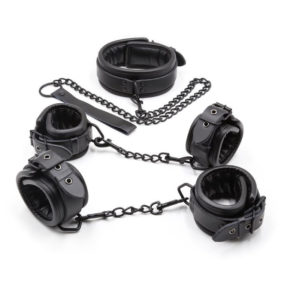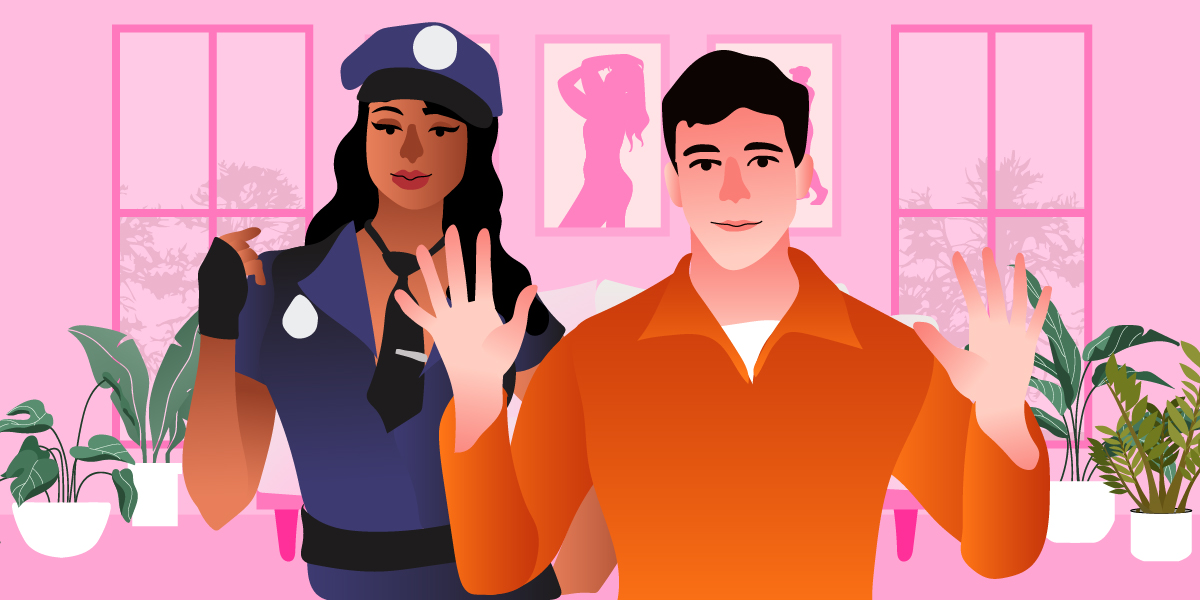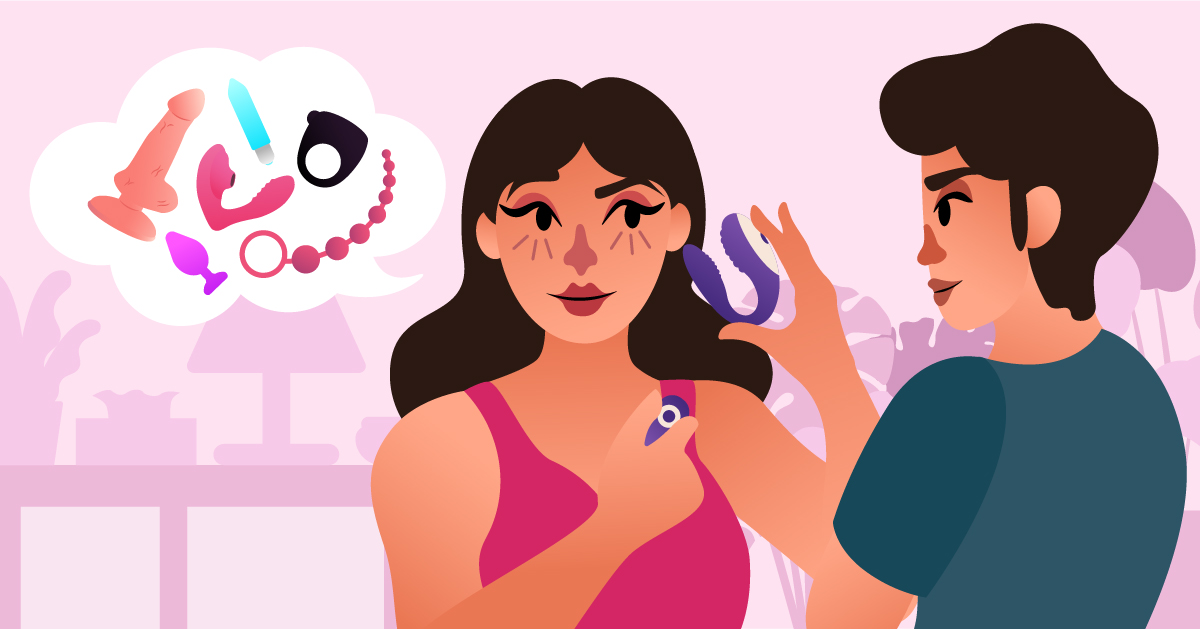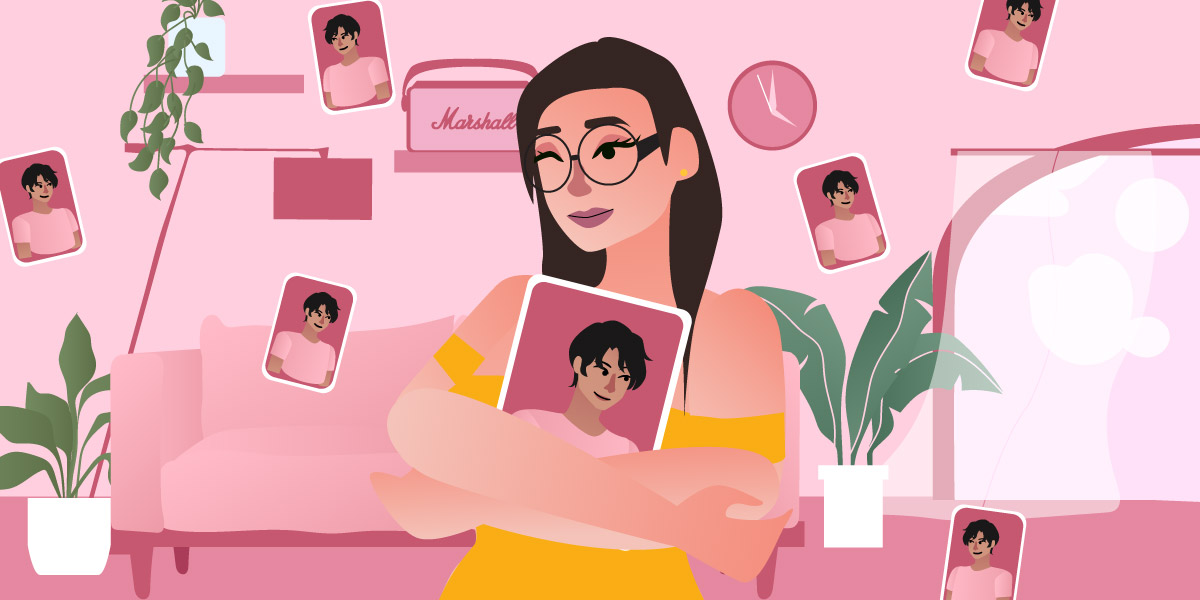
Have you ever garnered a strong liking for any celebrity or fictional character? As we are surrounded by media everywhere, it’s hard not to be a fan of something or someone that catches our eyes. But what if emotions gets invested and we leave the fan-artist boundaries wherein your emotions get invested? That’s the biggest sign of having a parasocial relationship.
What Is a Parasocial Relationship?

A parasocial relationship is an imaginary relationship someone can gain from a media personality. It’s one-sided, meaning their feelings, words, and actions can never be reciprocated as their existence is not known nor recognized by the media personality.
This kind of relationship also involves emotional investment towards the personality, creating a bond inside their heads that only they would understand. Media personalities include celebrities, fictional characters, musicians, content creators and influencers.
Parasocial relationships are occasionally formed in adolescence until our adult years even. So don’t feel ashamed if you tried to consistently comment or message a celebrity through your fan accounts to get their attention. It’s actually normal and a way for you to show admiration for them in a wholesome way. As long as no one is hurt, then it’s all good.
Origins of Parasocial Relationships
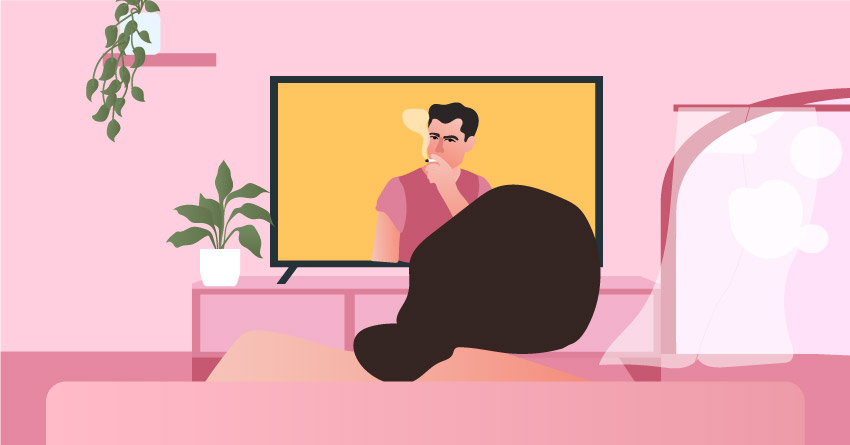
The concept of parasocial relationships can be traced back to when the term was officially coined in 1956.
Courtesy of two sociologists, Donald Horton and Richard Wohl, this term came out in their article “Mass Communication and Para-Social Interaction: Observations on Intimacy at a Distance.” This was done under the impression that anyone engaged in consuming media get unintentionally offered the “illusion of a face-to-face relationship with the performer”.
It makes sense, especially when celebrities like Elvis Presley and Marilyn Monroe were popular and television and radio were the biggest media platforms during that historical period. And only will the rise continue as other entertainment moguls, like the Beatles, joined the scene.
Parasocial relationships were also linked with another term called parasocial interaction. It’s when you’re connecting with a personality or franchise in real-time on a bigger scale. Those interactions are usually short-lived compared to parasocial relationships wherein they can last however the viewer involved pleases.
-
₱11,990.00
-
₱4,745.00
-
₱2,695.00
-
₱12,645.00
How Are Parasocial Relationships Formed?
Media is a broad spectrum that acts as a strong player in parasocial relationships. Let’s break down the different kinds of media personalities and what makes the audience crave a parasocial relationship with them.
1 Celebrities
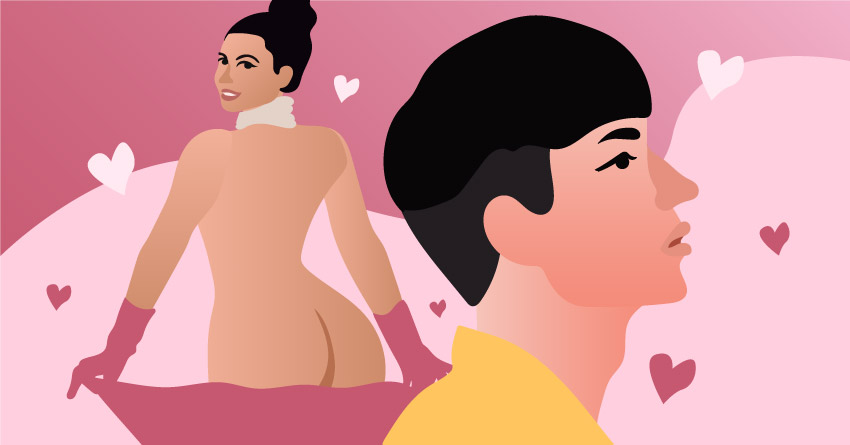
You can find these types of people on television, radio, music, and film. When your face gets plastered everywhere while your art gets released left and right, it can reel people with intrigue. With the demand to ask for more, they’ll continue to stick around and stay tuned to the next batch of content. This also applies to content creators and influencers, as social media is a prime factor in one’s daily life today.
And at the same time, looks do matter. It’s no wonder that that tends to be a top requirement up until today, although constantly it’s being changed. But again, it’s in our nature to consider looks before investing in anything. So while the audience appreciates your art, they also swoon at your looks.
Often, the longer they stay around, the more heart-fluttering thoughts they formulate. Unknown to them, they begin to form a bond with their favorite celebrity in their art. What it would be like if they really had some sort of real-life relationship with each other if their fame wasn’t in the equation.
So they fantasize about the what-ifs and all to feel the sparks they have for them. They may even pick up certain traits and quotes from them that they vicariously live through because they heavily inspire them.
2 Fictional Characters
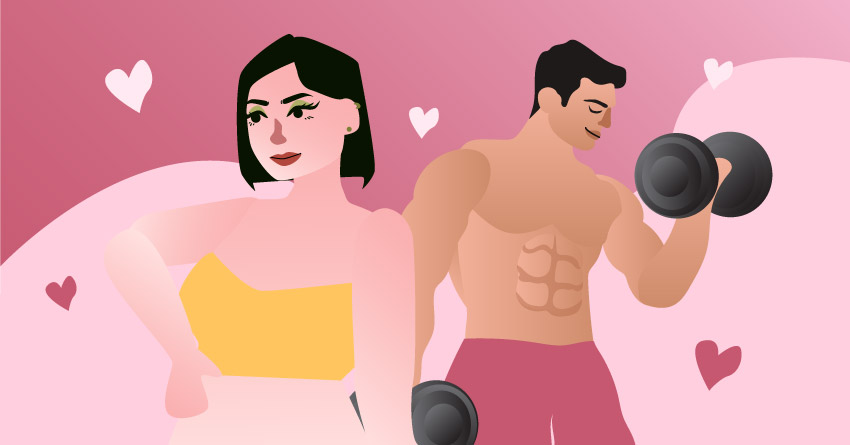
Aside from these personalities being found in television and film, you can see them spread out in literature and video games. Arguably, the most gut-wrenching kind because they don’t exist in our world, and we only rely on their masterminds to bring them to life. Or in the hands of their fans, who create art for them as a means of artistic expression. Because of this, it enamors more people about the universe they’re from.
What makes fictional characters another prime target for parasocial relationships is that they bring comfort. Based on their set traits and attitudes, they make their audience feel invited or other emotions they never felt before. For that, they’ll keep sticking around as they’ve become a part of their happiness. Regardless of whether the character is a protagonist or antagonist, there’s an unsaid connection you’d have with them when you resonate with them in some aspects.
Another reason why the audience engages with fictional characters is because they’re a perfect version of actual people. Perfection doesn’t exist in the real world, but in a fictional one, anything can live and walk across it. When we get disappointed by real people, fictional characters are a 180 shift in the narrative when we witness them do good deeds or give proper advice.
Oh, and looks. They’re sculpted in a special way that you’d never seen before.
Good Effects of Parasocial Relationships
Creating a parasocial relationship with a media personality benefits one’s personal development. Let’s delve deeper into the specific pros as to how that’s possible.
1 It creates a sense of belonging.
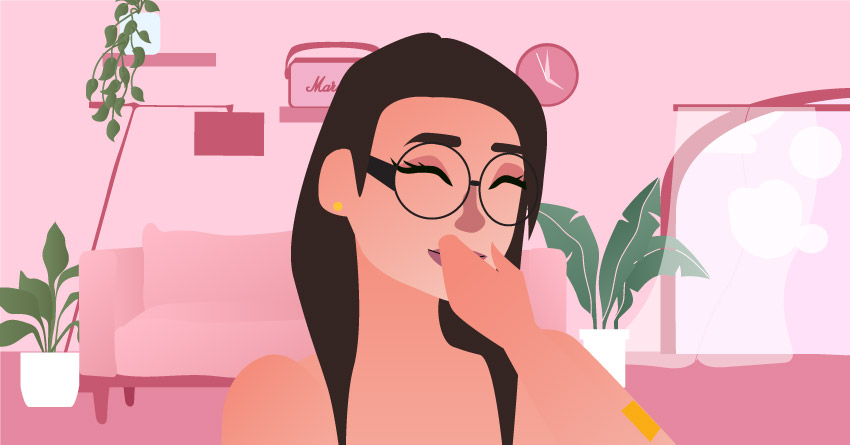
When you start off as a fan of a media personality, it opens doors for you to engage with other fans of them. Especially with social media these days, you can create friendships with many more people from various parts of the world. You get to bond with each other while promoting and expressing your admiration for that media personality. You won’t ever feel alone when your newly gained relationships stick around.
2 It lifts people’s self-esteem.
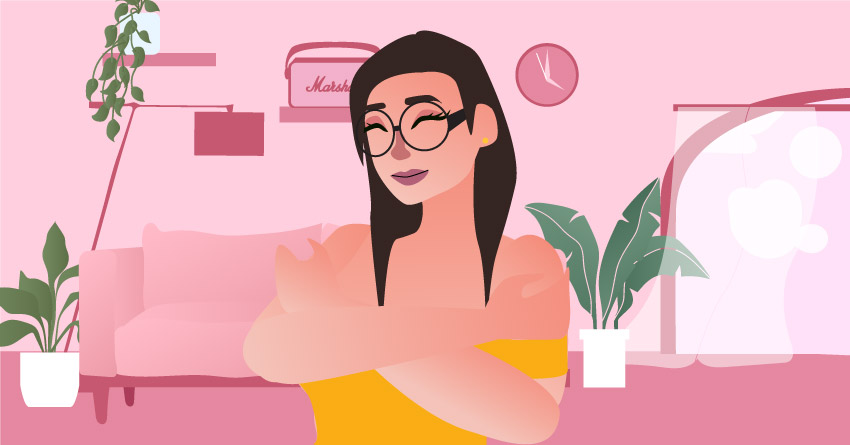
Most of the time, we follow a certain media personality because they’re a good influence on our life. If you observe any toxic signs, you’d immediately stop your tracks and cut the bond off. But other than that, it’s only natural to keep following a media personality if they’re constantly spreading positivity.
And with such positivity, it makes their audience feel good about themselves. Especially when the media personality challenges society’s standards, it’s a firm move that makes the audience swoon harder.
3 It gives them purpose.
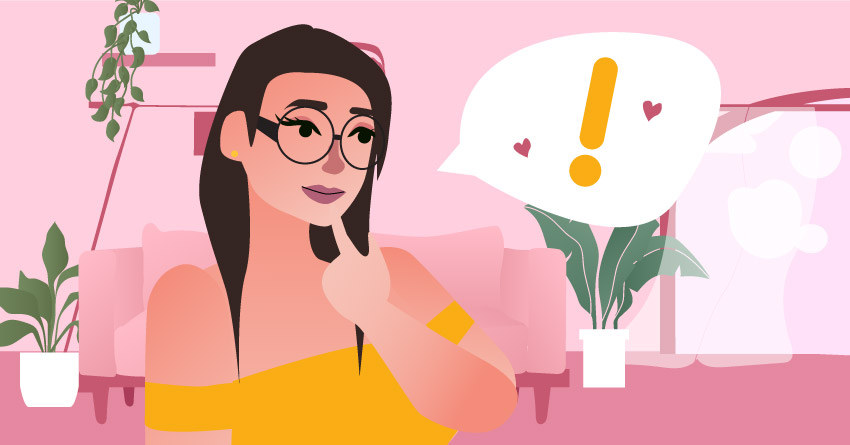
When we get into a parasocial relationship with a media personality, it’s because they give more meaning to our lives. At some part of it, we may have thought it was uneventful and useless because it feels like we haven’t done enough to contribute or feel worthy. But when this personality waltzes into your life out of the blue? Oh boy, it’s almost like fate when they do.
When you research what they’re like or consume their art, you discover more parts of yourself that you never knew existed. Parts you want to work on and hone so you can be of help to others. Overall, the more they engage with this personality, the more dreams and goals they get to unlock.
4 It inspires them to practice healthy behaviors and habits.
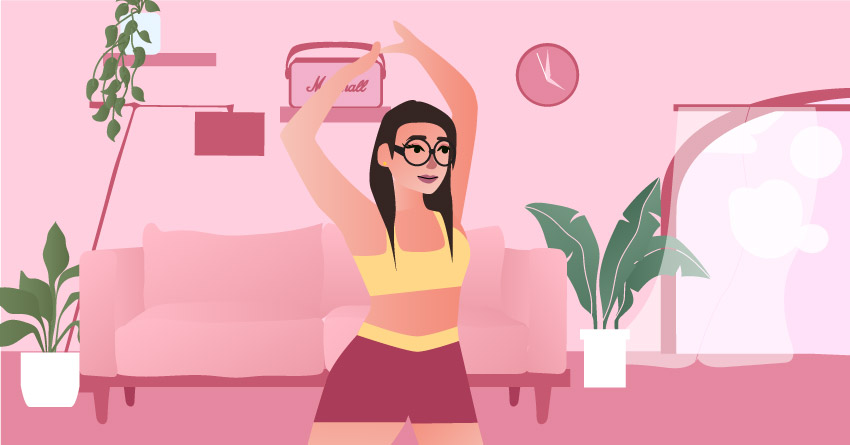
Almost like how an act of gratitude is like a ripple effect, having a parasocial relationship reintroduces the importance of living a healthy life. Given that you know the boundaries of the said relationship, you’re open-minded to try and follow the mindset and habits of the personality.
For example, if your media personality does yoga to release stress, you’d be curious to try it yourself. Or if they’re a fictional character, and they defend their friends from bullies, you get the urge to do the same if this situation happens to your friends.
5 It teaches them lifelong lessons.
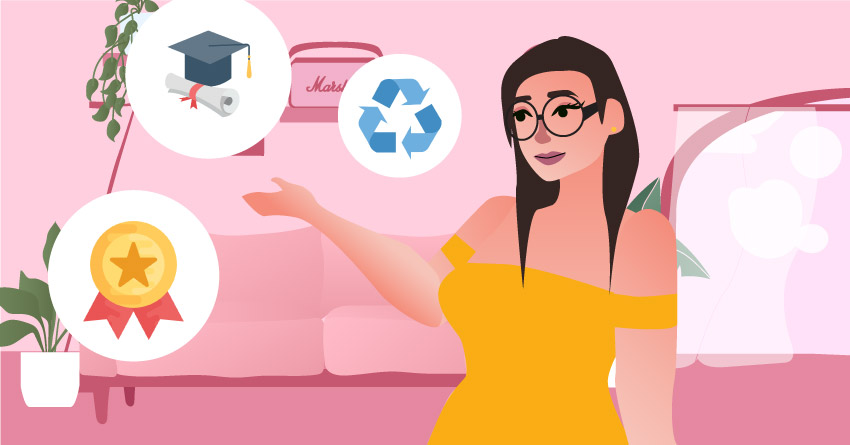
Similar to the previous points, there may be words said by the media personality that leaves a strong impact on the audience. An impact that they’ll take for the rest of their life because it hits right home to them. Whether the advice came from a celebrity’s biography or a scene from a fictional character’s franchise, we’d feel instantly rooted by them when we remember their words.
Because the power of words is just as domineering as actions, we can remember them in passing when we’re dealing with hard times.
-
₱8,660.00
-
₱11,526.00
-
₱4,745.00
-
₱2,455.00
Bad Effects of Parasocial Relationships
In any relationship, there are always dangers that we must keep an eye on. And when we do, we must avoid them from happening. Check out what are the prominent negative effects of parasocial relationships here.
1 Delusions form in your head.
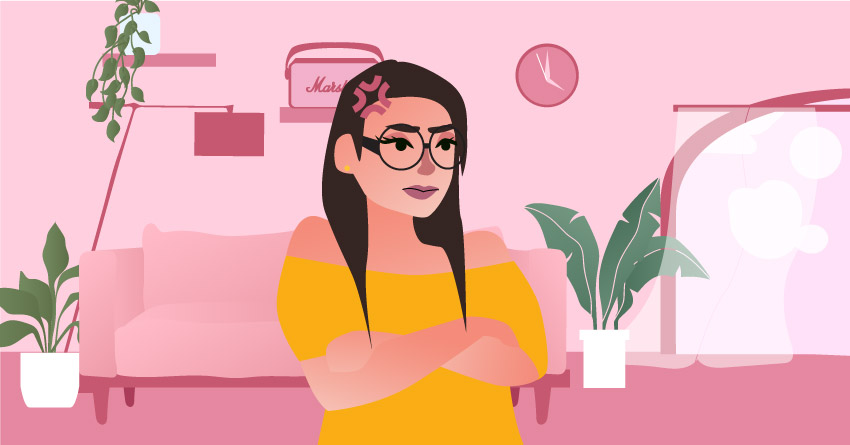
So you’ve created this imaginary bond in your head with this personality, creating scenarios of how you’d live your life with them. Although there’s usually no harm in innocent fantasizing, it shouldn’t be taken seriously.
The more you fantasize deeply, the more attached you can get to the bond. You’ll be more convinced that you’re close to this media personality when in reality, you’re not. And it can make you lose your mind. And when someone unintentionally or intentionally insults them, you’d get easily butt-hurt and defensive.
2 Your spending habits go haywire.
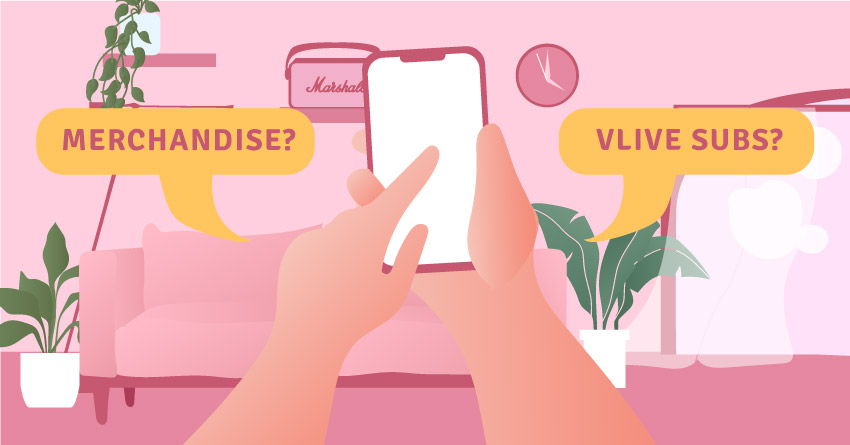
Who isn’t a slave to capitalism at this point? We get easily swayed to shop ’til we drop to our heart’s content the older we get. Since our buying behavior constantly changes, there’ll come a period where everything we gain interest in will urge us to get it.
With parasocial relationships, it’s a given that media personalities have merchandise for their art. That’s also how their company works to earn money. But sans that fact, we’d feel obliged to get whatever items they have because we just love and adore them that much.
Or even items related to them, we’d get it regardless of their prices. Before you know it, our bank account is in tears for that, especially if you have no means of income.
3 Your mental health may deplete.
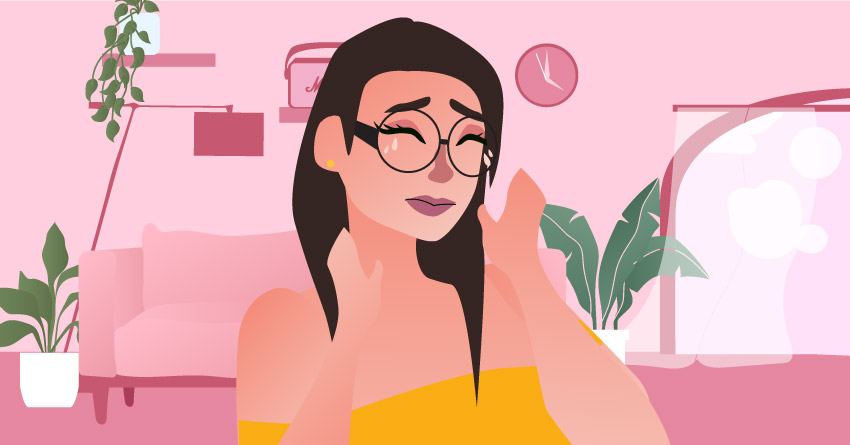
According to this study, parasocial relationships between adults and their favorite television characters lead to getting symptoms related to depression. This is possible when the said adults didn’t have the best parents growing up. The sense of companionship they feel with their favorite characters increases the void in them that wishes for a better upbringing.
Parasocial grief can also be a factor here based on this study. If your favorite media personality loses their life, it can affect you so deeply like they were a close companion you know.
4 It increases your media consumption.
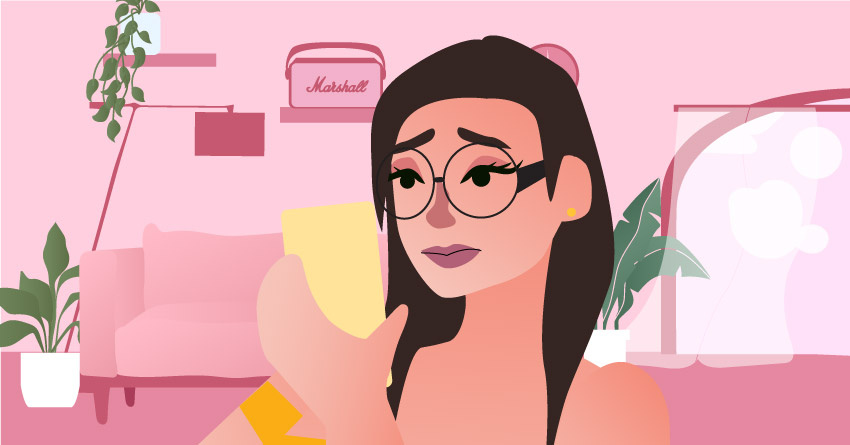
This effect was more evident when the pandemic occurred. As we are stuck at home and adapt to the new normal, we become more exposed to social media. And when they introduce all these different media personalities to us, they become the center of our attention. To distract our minds from what’s happening outside.
But what can make it your downfall is if you fully lose touch with your sense of being to commit to such a relationship.
5 You may put media personalities in danger.
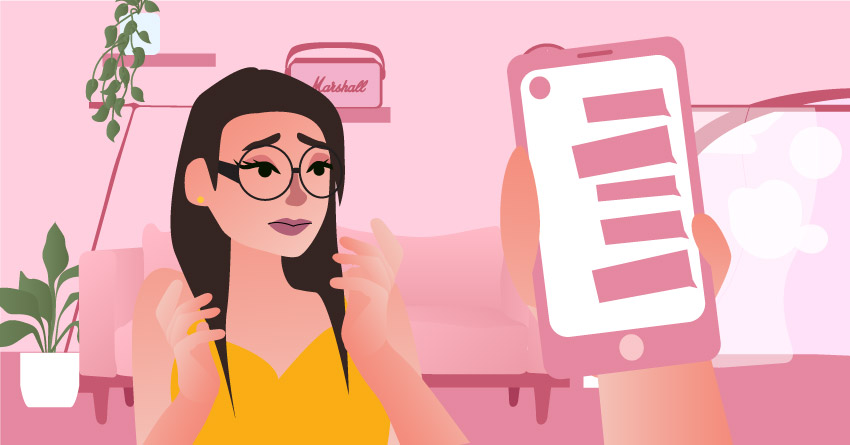
For some people, being in deep with their one-side relationship with a media personality encourages obsessive behaviors and stalking. There have been tales in the news about celebrities feeling haunted by obsessive fans watching their every move and even getting access to their private life. For that, they address it in their social media accounts in hopes of being left alone. Unfortunately, this is still happening today.
The worst-case scenario for this is murder. A prime example is the murder case of Selena Quintanilla Perez, a popular Mexican-American singer in the 90s. Via gunshot by Yolanda Saldivar, who claims to be her biggest fan. Selena was only 23 years old.
So please keep in mind that media personalities are still people with their own lives to live.
Frequently Asked Questions
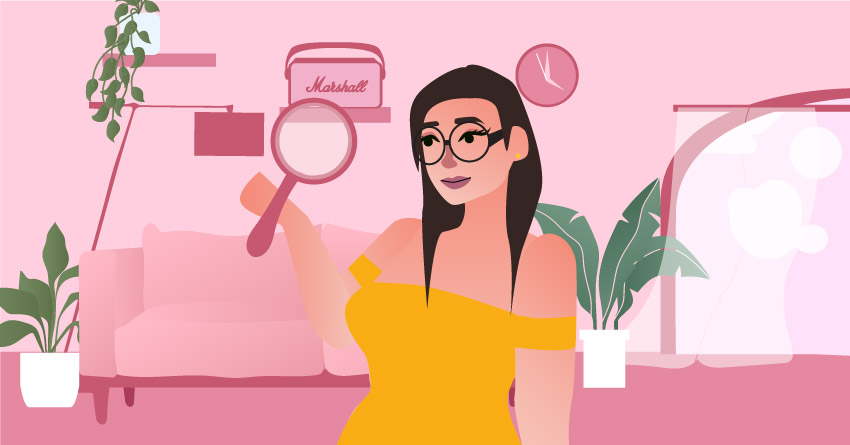
Still intrigued to know more about parasocial relationships? Skim through some common questions people ask about them and their respective answers to get more vivid clues about them.
1 What’s the distinct difference between being a fan and having a parasocial relationship?
To be a fan of someone or something merely shows admiration and appreciation towards them. From there, they can even gain inspiration and translate it into their own works in unique ways. They don’t feel the need to form any relationship with them or it.
2 Are all parasocial relationships unhealthy?
No, it depends on the intensity of it. As you can see the pros and cons we shared in the previous sections, it’s up to you how you can make it out to be. The main gist on how to keep these kinds of relationships in line is it doesn’t replace real-life relationships.
3 How does one end a parasocial relationship?
Otherwise known as a parasocial breakup, many factors can lead to such an end. It can be due to disinterest, maturing, or freedom from toxic patterns. It can be a great or terrifying concept, depending on how deep the parasocial relationship is.
4 Can a parasocial relationship be romantic?
Yes, you can gain romantic feelings towards a media personality involved. However, it doesn’t really mean you’re in love with them. You’re more in love with the idea you have of them or the character you set them up in your head based on what they show to the public.
5 Why are we inclined to form parasocial relationships?
Humans are naturally wired to create meaningful social connections with others. Regardless of them being people we meet in real life or through media, it’s by instinct we can create a bond if there’s something special about them.
-
₱1,699.00
-
₱850.00
Takeaway
Parasocial relationships are as good or bad as you choose them to be. It’s rather magical to create a bond with a media personality who can only benefit your daily life. However, we must know our boundaries with it. Because at the end of the day, we are simply fans of this personality. This relationship should only take a small part of your life, which you must fully live in.











